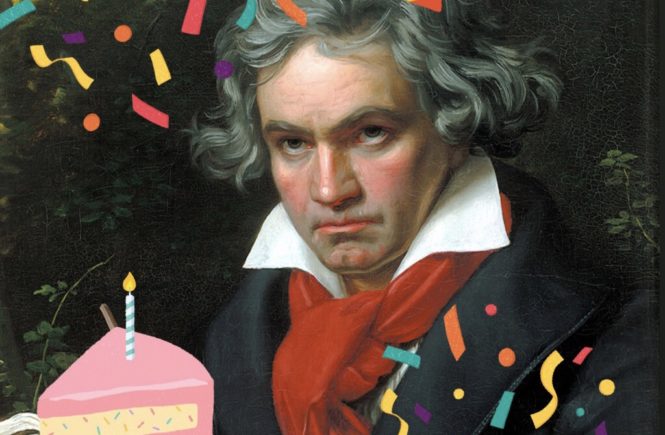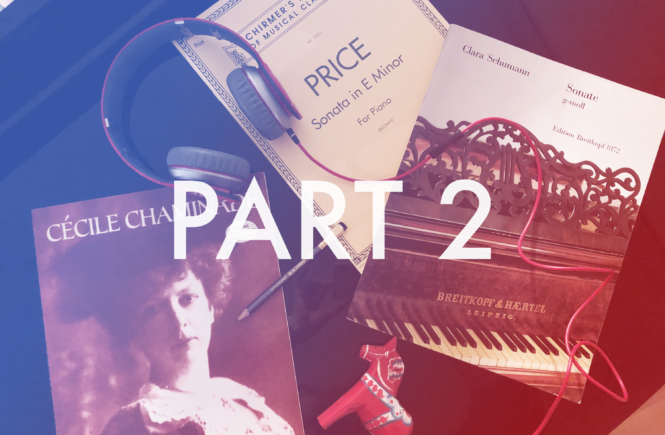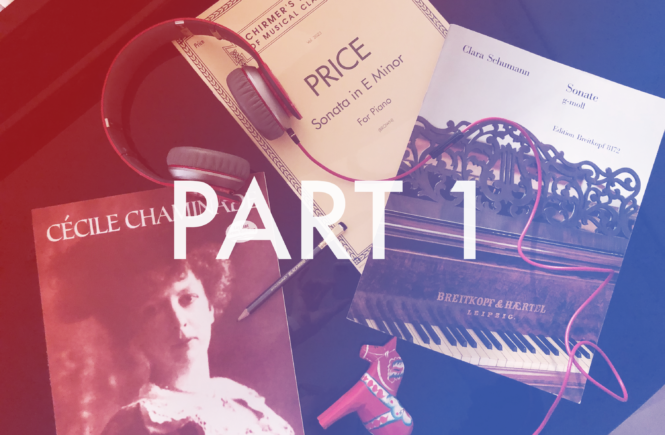Classical Music
-
As Seen on Twitter: The Beethoven Thread (Extended Edition)

Note: This is a centralized, formatted version of a Twitter thread I wrote that ended up getting some traction. I have turned it into a blog post for easier reading and sharing. First posted on Twitter on December 16, 2019. 2024 update: I am unable to link to the original because I have locked down… Continue reading

